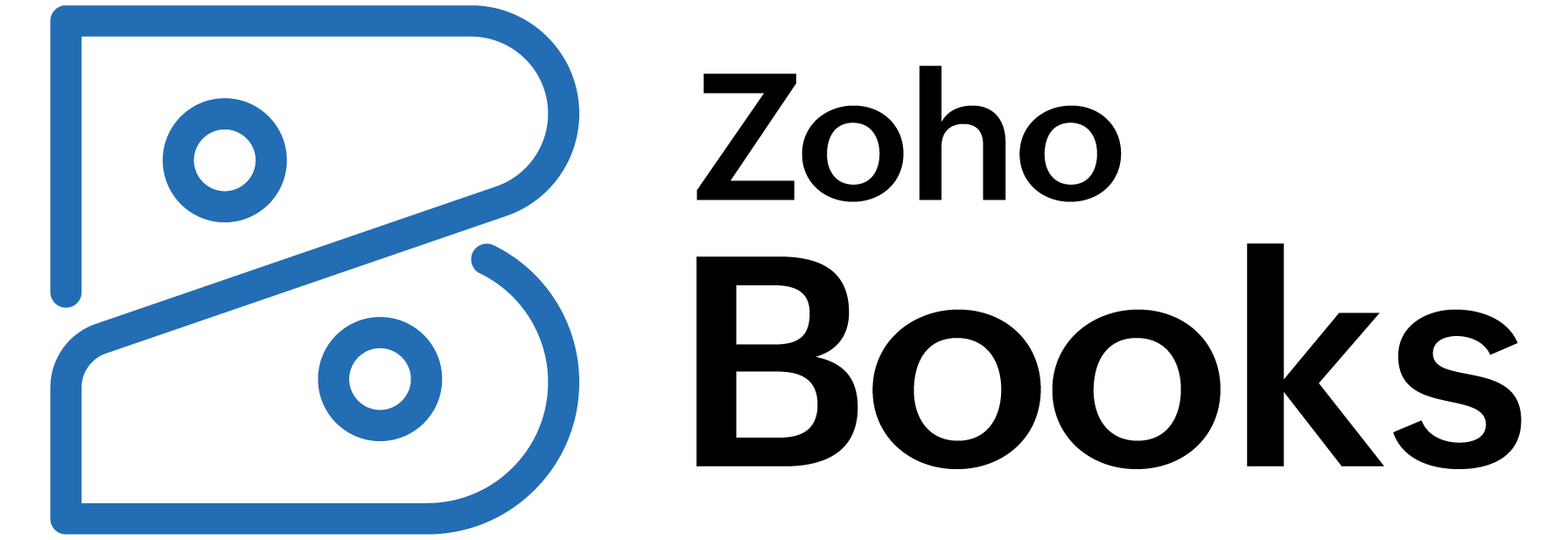Zoho is strategically positioning itself as a major player in the enterprise market, moving beyond its traditional focus on small and medium-sized businesses. Zoho's approach is centered around AI-driven solutions, vertical-specific platforms, and a growing partner ecosystem. The company is leveraging its vertically integrated technology stack, from data centers to applications, to provide unique use cases for its diverse customer base. By focusing on these core areas, Zoho empowers enterprises with customizable, scalable solutions that address their needs while emphasizing data privacy and long-term value. Zoho is also transitioning from being a product company to a platform company that enables customers to collaborate with Zoho to transform their businesses.
Zoho's AI Strategy: Context, Privacy, and Practicality
In the rapidly evolving landscape of artificial intelligence, Zoho is taking an approach grounded in its core tenets of privacy, value, and long-term thinking. Zoho's AI strategy, as revealed at ZohoDay, is not about hype or flashy demos but about delivering practical, contextual AI solutions that truly benefit its customers.
A key differentiator of Zoho's AI approach is its emphasis on contextual AI. Rather than offering generic AI tools, Zoho focuses on embedding AI within its various applications, tailoring it to specific business contexts. This approach, embodied by "Zia," Zoho's AI assistant, ensures that AI is not just a feature but an integral part of the user experience. For instance, AI is used to automatically categorize scanned receipts, detect phishing emails, and translate documents. These are not just AI for the sake of AI but AI that enhances productivity and simplifies workflows. Zoho notes that the best AI implementations are those that "fade into the background". This approach ensures that users benefit from AI without being overwhelmed by it.
Another distinguishing quality is Zoho's commitment to data privacy. Zoho is adamant that it will not use customer data to train its generic AI models. Instead, customer data is used to train models specific to that customer. This commitment to privacy is not just a policy but a core value that underpins Zoho’s AI strategy. It emphasizes that data without a permission layer is "extremely dangerous" and that their systems are built with this in mind. This resonates with increasing concerns about data privacy and security, making Zoho a trustworthy partner in the age of AI. Zoho utilizes Large Language Models (LLMs) in a variety of ways, with a focus on both internally hosted and third-party options. It has created an AI bridge allowing connectivity to multiple third-party public LLMs and hosts its own LLMs in-house, such as Llama and Deepseek. This bridge enables customers to choose a generic LLM for their entire instance. Additionally, Zoho is working on its own foundational, homegrown LLMs with 7 billion and 13 billion parameters, with a public launch expected this year. Zoho also uses smaller models for specific tasks, like email security, where a combination of models is used.
Zoho’s AI strategy also emphasizes delivering value. AI features are, in most cases, offered as part of Zoho’s existing offerings rather than as additional paid add-ons. This ensures that customers gain access to AI capabilities without paying extra, aligning with Zoho’s philosophy of making technology accessible and valuable.
Zoho is also playing the long game with its AI strategy. It is willing to make investments today that may not make sense in the short term but will pay off in the long run. This long-term view is vital to remember in a world where many tech companies are chasing the next quick buck. Zoho is carefully investing in building a complete and robust AI ecosystem, controlling the entire tech stack to enable unique use cases.
The company's approach to AI agents further underscores its focus on control, privacy, and customization. Zia Agents are built on a flexible architecture that allows customers to choose from various LLMs, both public and self-hosted, using Zoho's AI bridge. This gives customers control over their AI environment. The agents are also connected to multiple data sources, including structured and unstructured data, and have access to a rich set of tools and skills. This makes Zoho’s AI agents highly capable and customizable.
The introduction of Zia Agent Studio, a low-code tool that allows customers to create their own AI agents, further emphasizes Zoho’s commitment to customization and accessibility. This empowers businesses to tailor AI to their specific needs rather than rely on generic solutions, extending the value proposition further.
Zoho's Platform Strategy: A Composable Approach
Zoho's platform strategy, as articulated at ZohoDay, stands out for its composable architecture. This approach combines the power of pre-built applications with deep customization capabilities, a significant differentiator that allows Zoho to cater to many customers, from small businesses to large enterprises.


















